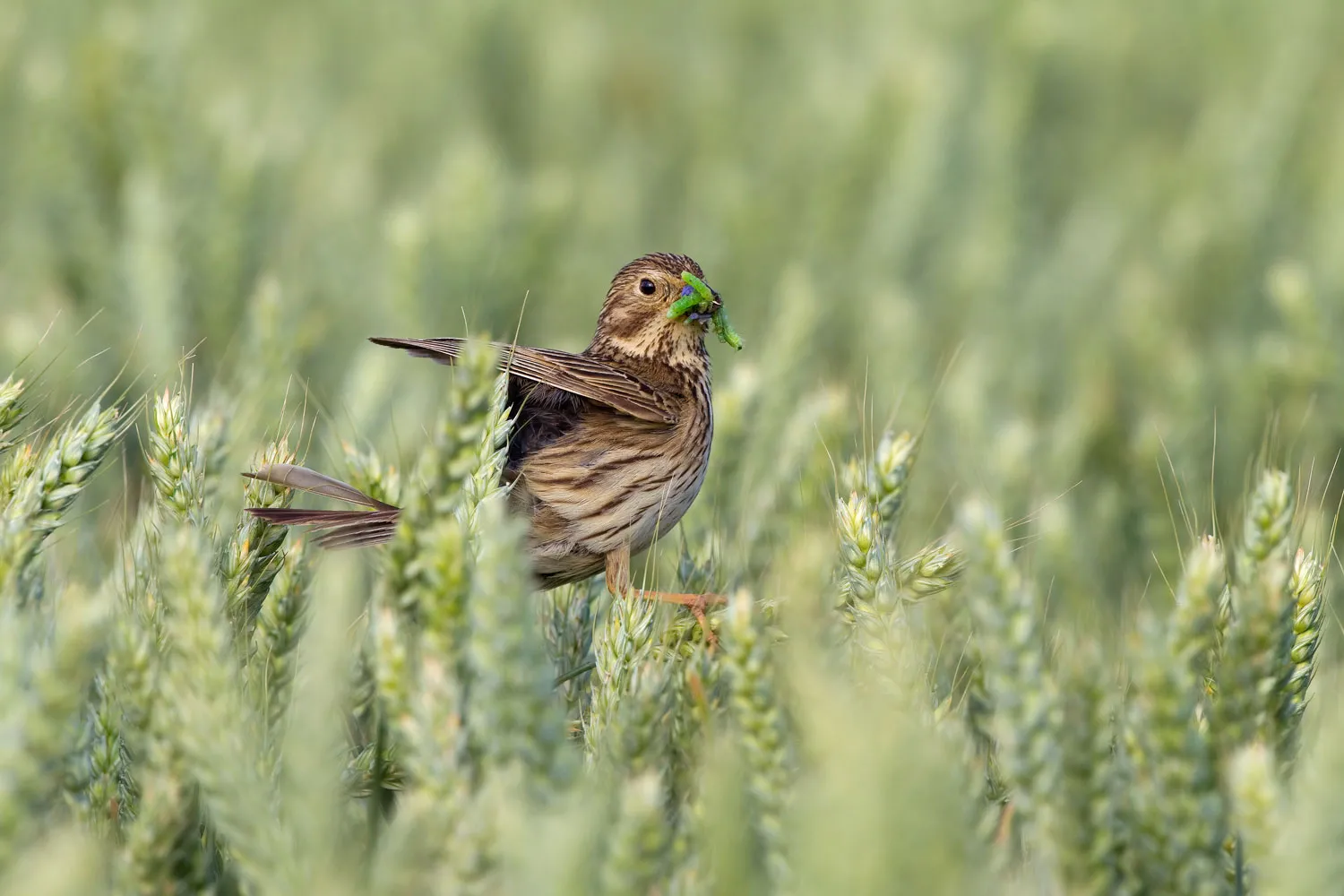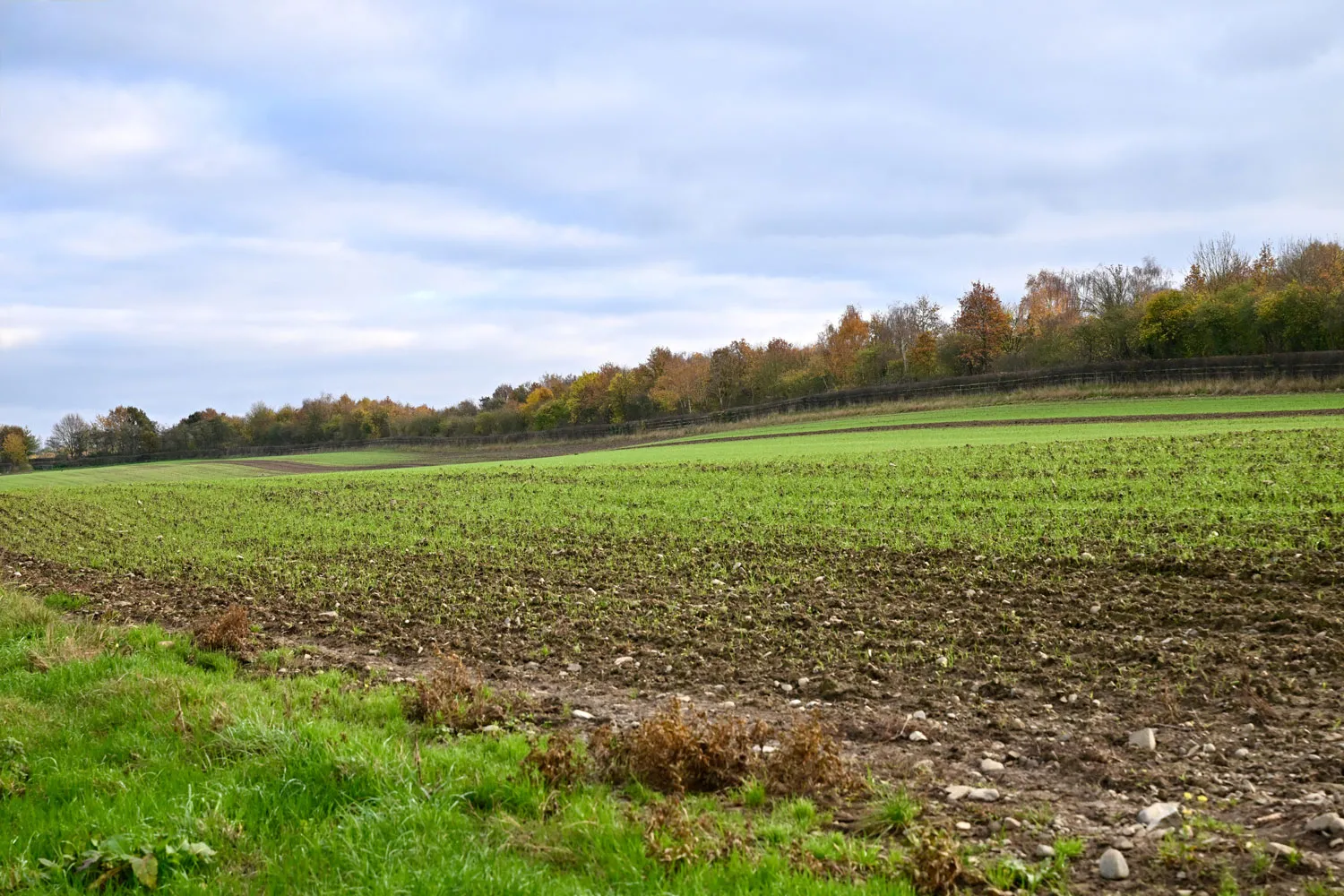Understanding the implications of policy decisions
Post-Brexit, there has been considerable government interest in scoping what different policy decisions would mean for how land is used, and the wider environmental effects of this. A key approach to predicting the possible impacts of different policies is Defra’s Ecosystem Value Assessment Scenario Tool (EVAST). It has the ability to simulate the effects of policies focussing on biodiversity, climate, water quality, and air quality.
BTO has provided bird models, based on the BTO/JNCC/RSPB Breeding Bird Survey data, to EVAST, to compare future scenarios with the current baseline. These models help us to understand how bird communities are likely to change and how such changes may, or may not, help meet important environmental targets. EVAST builds on the Integrated Modelling Platform developed within the Environment and Rural Affairs Monitoring and Modelling Programme (ERAMP), an ongoing project in which BTO is conducting analogous modelling for the Welsh Government. Like EVAST, this work has been led by the UK Centre for Ecology and Hydrology, a core BTO partner. It is providing information on the likely consequences of different policy scenarios, and informing plans for the developing Sustainable Farming Scheme in Wales.
Local monitoring of environmentally friendly farms
Increasing numbers of farms are actively implementing wildlife friendly management, inside or outside formal agri-environment schemes, and are keen to measure the effects that they are having. Thanks to funding from the Esmée Fairbairn Foundation, BTO has been developing and implementing sustainable monitoring options for individual landowners, with the aim of facilitating effective conservation management where landowners are most interested in delivering it.
The ultimate goal is to improve the performance of interventions like agri-environment scheme options, on target farms and elsewhere, by feeding back from monitoring to inform about what works more or less well.

Comparison with national or regional Breeding Bird Survey background data is a key element, showing how local farms compare to a meaningful benchmark. Our aim is to support those who are already committed to undertaking environmental management, rather than seeking to attract new people to agri-environment schemes, by providing them with any kind of direct or indirect financial benefit.
The nature of this work is that the results are primarily of interest to the farmers themselves, but the long-term plan is to analyse data across multiple farms to pull out results that are relevant nationally.
The project lead for this work is Gavin Siriwardena (Head of Terrestrial Research).
